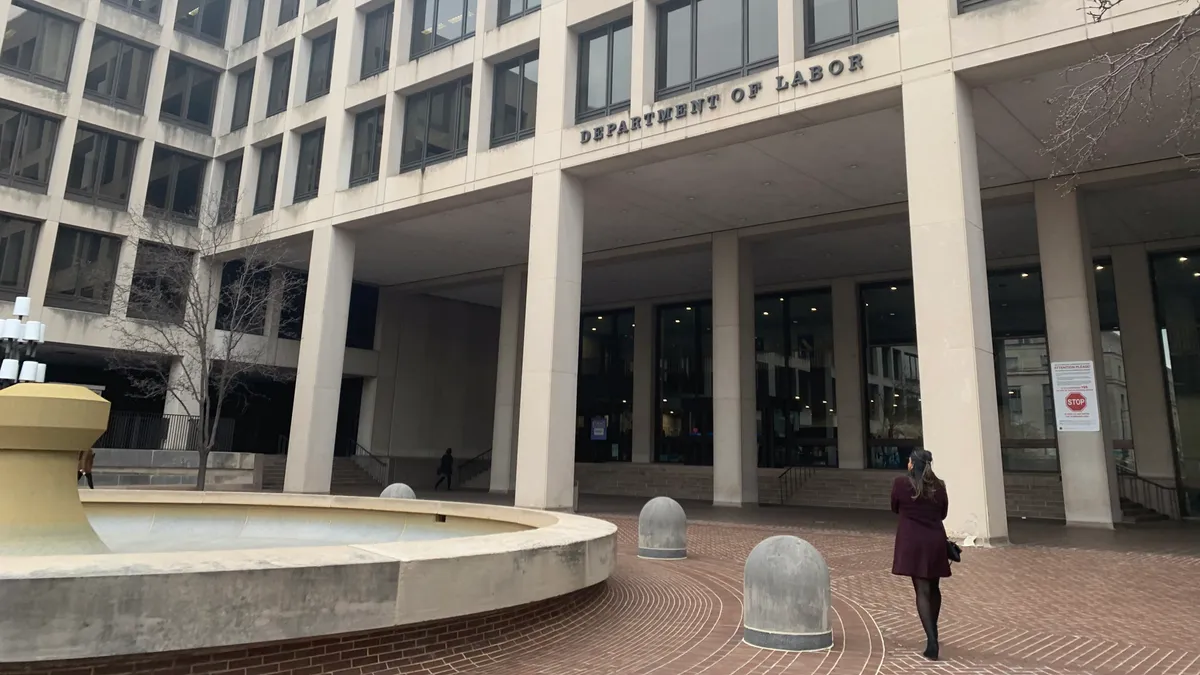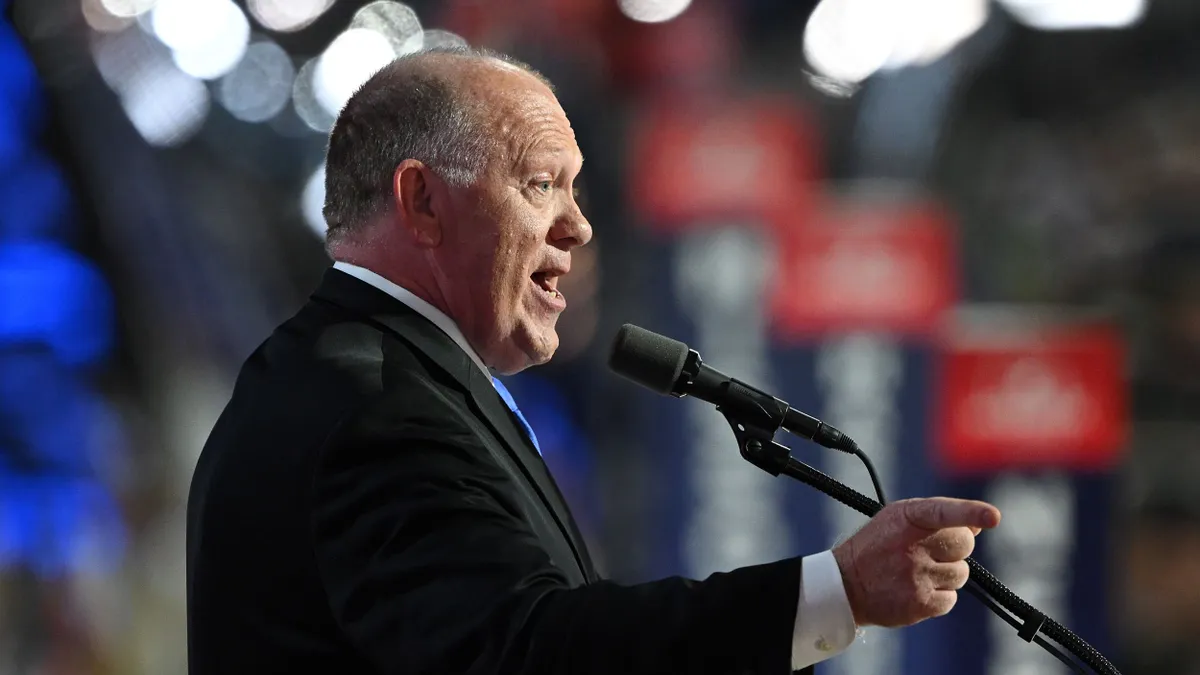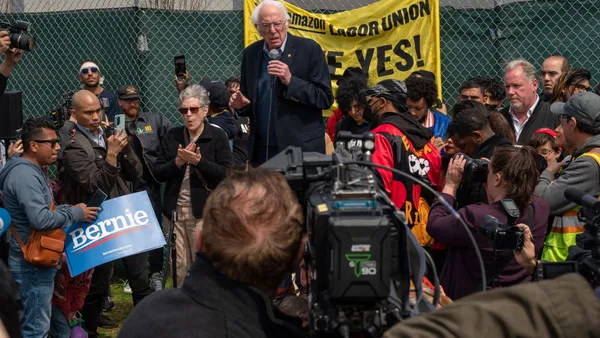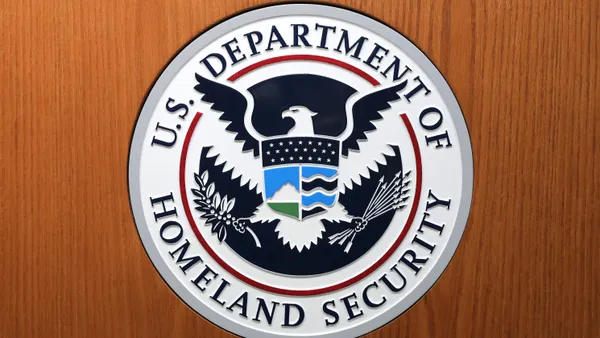Dive Brief:
- Increasing political attacks on higher education in Southern states are weakening morale among faculty members and making it harder to retain talent, new survey data from the American Association of University Professors suggests.
- More than a quarter of surveyed Southern faculty, 27.7%, reported having applied for at least one academic job in a different state since 2022. And 28% said they plan to apply to jobs in another state within the coming year.
- Almost half of respondents, 48.9%, reported fewer people applying for positions within their department or institution due to changes to tenure, contracts and academic freedom in their state.
Dive Insight:
In August, regional AAUP conferences surveyed 2,924 faculty members from twelve Southern states: Alabama, Arkansas, Florida, Georgia, Kentucky, Louisiana, Mississippi, North Carolina, South Carolina, Tennessee, Texas and Virginia. Roughly 60% of survey participants hold tenure.
Over half of faculty cited salary concerns and their state's political climate as factors pushing them to pursue other employment, at 56.5% and 53.3% respectively. And 49.6% cited concerns over academic freedom.
Around 7 in 10 faculty rated the political atmosphere surrounding higher education as poor or very poor, the survey found. And a majority, 58.7%, said they would not recommend their state to colleagues as a desirable place to work.
“Multiple faculty members at my institution have been doxxed and harassed, including by elected officials," one part-time instructor from Texas said. "This makes it difficult to do my job, feel safe on campus or at my home, and honestly just live my life.”
Another faculty member, a tenured associate professor in Georgia, reported "a lack of safety and support" offered by their institution amid the targeted bullying of faculty.
More than half of those polled, 55%, expressed disappointment in their administrators for failing to adequately defend academic freedom and tenure.
A tenured professor in Florida said the state's university officials do not stand up to lawmakers over concerns about financial and reputational retribution.
"My university would fire me or my colleagues to avoid bad PR or punishment from this state," the professor said. "It is embarrassing and I regret moving here."
More than a quarter of respondents, 27.7%, said they do not plan to stay in academia long term.
Faculty also indicated that hiring within higher education has become more difficult amid political attacks and policy changes.
Among those surveyed, 41.8% reported that candidates ultimately turn down job offers within their department or institution over statewide tenure and academic freedom changes.
The faculty responses highlighted concerns that colleges urgently need to address, the Georgia AAUP said in a Thursday press release.
"Failure to do so may result in a significant brain drain and a decline in the quality of higher education in these states," it said.

















